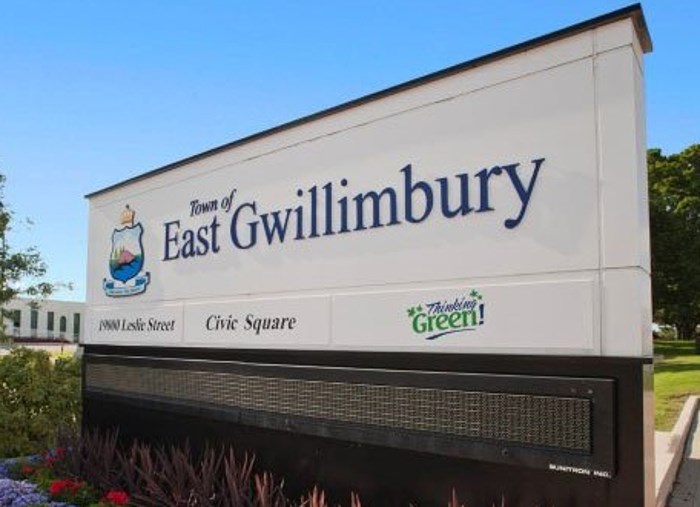East Gwillimbury is warning the province the town stands to lose between $40 million and $70 million over the next 10 years due to new housing legislation.
The municipality joined a chorus of others opposing Bill 23, the More Homes Built Faster Act, passed last month. The bill seeks to speed up the planning and building process while cutting development charges on developers, which municipalities have warned hurts their bottom line and ability to provide services.
East Gwillimbury said the act could require the municipality to more than double property taxes to account for the bill, projecting a 30 to 40 per cent decline in revenue.
“We are facing the possibility of changing our zero-debt status and placing a greater financial burden on East Gwillimbury residents,” Mayor Virginia Hackson said in a news release. “We urge the province to repeal all provisions of the act pertaining to development charges.”
The legislation removes development charges for affordable developments and cuts them for rental housing developments. York Region and other municipalities have pushed against the bill and urged for more consultation, but the province was only willing to extend the consultation period to Dec. 9 while passing the bill regardless Nov. 28.
East Gwillimbury is one of Canada’s fastest-growing municipalities and is expected to balloon in development and population over the next 30 years. The town said the bill already stands to impact that, with it causing a 10 per cent funding shortfall for a new 85,000-square-foot plaza slated to open in 2025.
“It was only in September that we proudly announced that the Health and Active Living Plaza will be constructed at no cost to the taxpayer,” Jackson said.
Newmarket is also bracing for a tax impact due to the bill. The town’s director of finance Mike Mayes told council Dec. 5 that the property tax impact of the bill could fall between five and 14 per cent.
Minister of Municipal Affairs and Housing Steve Clark has said that development charges add significantly to the cost of housing, and the province plans to audit municipalities to find alternative tools “for growth to appropriately pay for growth.”
East Gwillimbury has written a letter to the province asking for changes to the act. The letter said that under the act’s provisions of affordability, up to half of the new housing development could be exempt from development charges.
“While East Gwillimbury supports efforts to increase housing supply, reducing development charges will only transfer the cost of infrastructure from builders to homeowners and will further impact housing affordability and the municipality’s ability to afford the much-needed infrastructure to support growing communities,” the town said in a news release.



